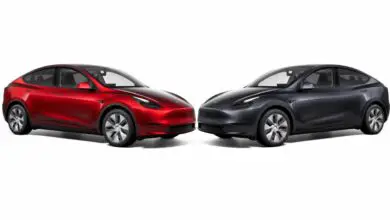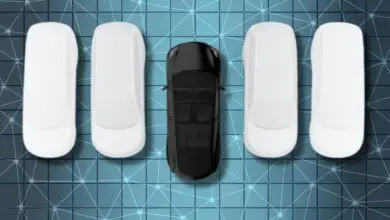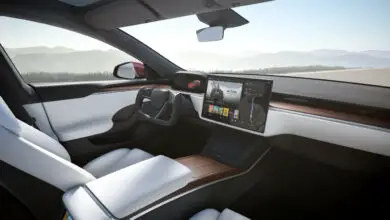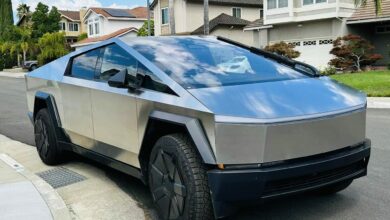Wirelessly Charging Roads: The Future of Electric Vehicle Infrastructure
Exploring Electreon's Electrified Road Projects and the Potential of Wireless Charging for EVs

As the automotive world undergoes a monumental shift from gas-powered vehicles to electric cars, a pressing concern remains the availability of charging infrastructure. While more charging stations are continually being deployed, the concept of electrified roads that enable electric vehicles (EVs) to charge wirelessly as they travel is gaining traction.
One company at the forefront of this innovative approach is Electreon, headquartered in Israel. Electreon is currently conducting pilot projects in various European countries, including Sweden, Norway, Italy, and has ambitious plans for an electrified highway in the United States. Stefan Tongur, the VP of U.S. Business Development at Electreon, explained in an interview with CNBC, “This is really an approach that can charge vehicles in any type of shape, meaning vehicles that are both buses or vans or passenger cars or trucks — but it can also charge a vehicle while either driving or while standing still.”
In Sweden, one of Electreon’s notable projects aims to connect the town of Visby on Gotland Island to a regional airport through a wirelessly charging electric roadway. The Swedish government provided substantial financial support for this $10.5-million project, which Electreon has labeled a “pre-commercial demonstration project” to showcase the potential of electrified roads.
Meanwhile, in the United States, the first electric road is set to emerge near Detroit, thanks to a collaboration between Electreon and the Michigan Department of Transportation (MDOT). Initially announced by Michigan Governor Gretchen Whitmer, the program’s goal was to establish a wirelessly charging road for EVs by this summer. However, CNBC reports that the road’s construction is now expected within the next year or so, with key partners including Electreon, NextEnergy, Jacobs Engineering Group, and MDOT. Michele Mueller, Senior Project Manager of Connected and Automated Vehicles at MDOT, emphasized the project’s focus on exploring various use cases, ranging from freight and transit to passenger vehicles.
Wirelessly charging roads hold immense potential, particularly for fleet vehicles, public transit systems, and other vehicles operating on repetitive routes. For instance, a wireless charger installed at a bus stop could enable continuous charging throughout a bus’s entire service day. Notably, this technology could also address a crucial need in rural communities with limited access to conventional charging stations, as highlighted by Nadia Gkritza, a professor of civil and biological engineering at Purdue University: “We don’t view 100 percent of roads being electrified, but we definitely see this technology being viable, financially and also essential in rural areas where we might not have a lot of charging stations, or we have what we call charging deserts.”
Recently, a comprehensive study was released evaluating the state of EV charging infrastructure in both the United States and Europe. Researchers assessed countries and U.S. states based on multiple factors, such as the density of EV chargers in these regions.



